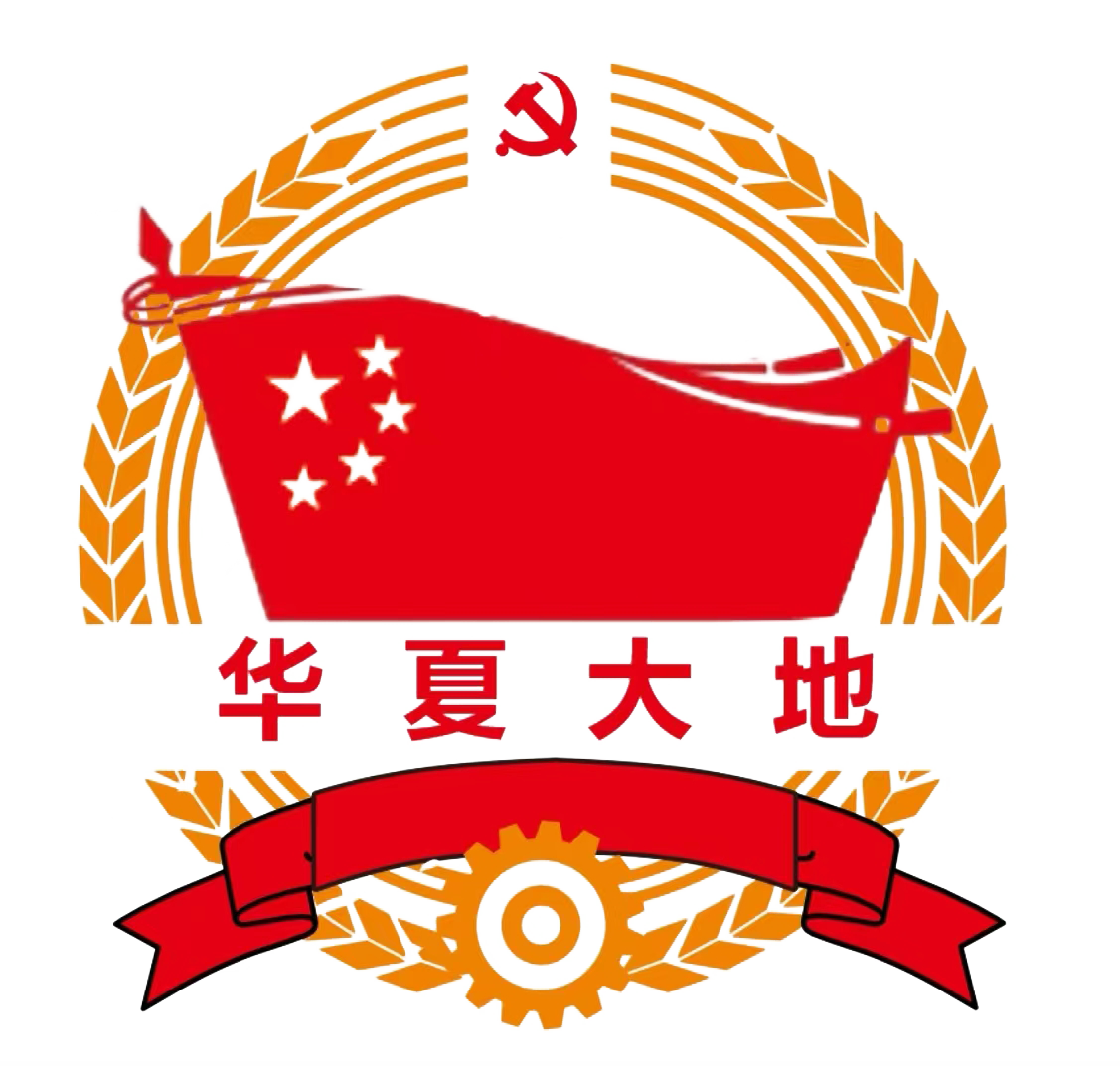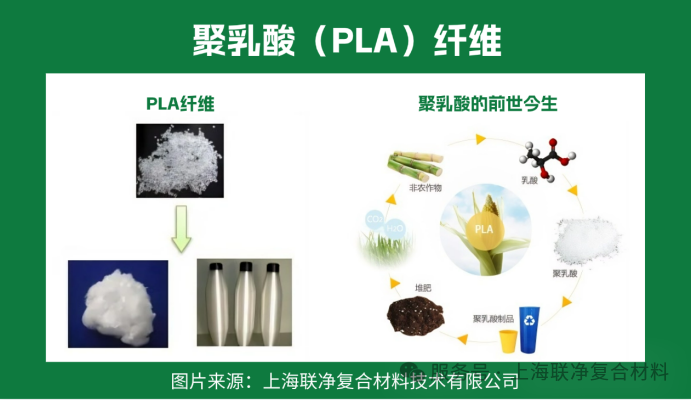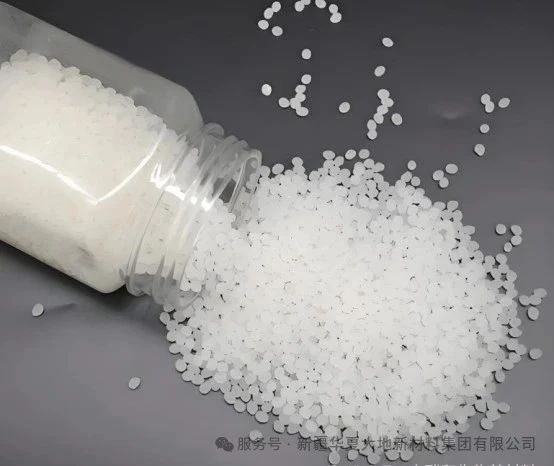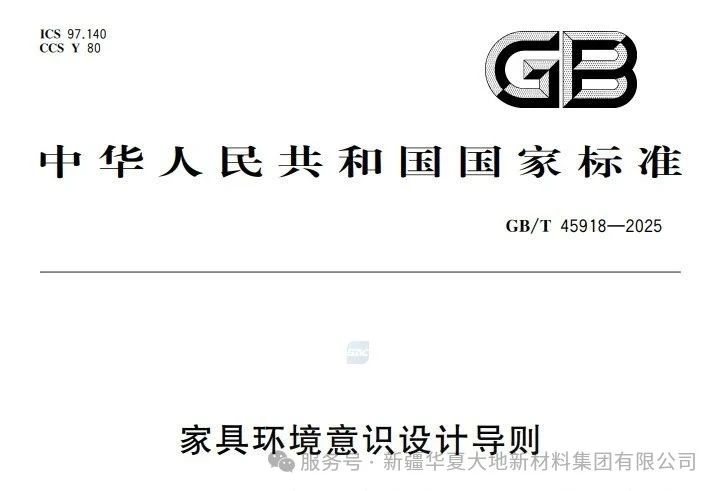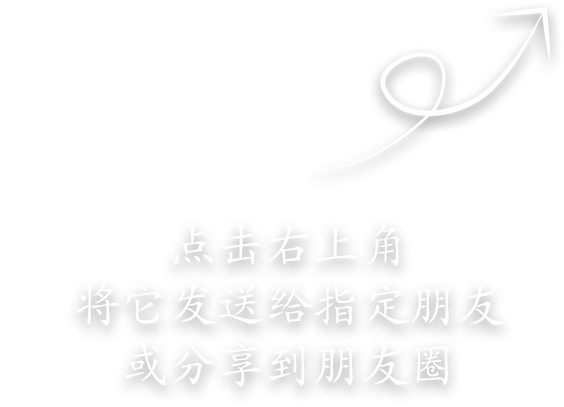From August 5th to 14th, the global plastic treaty negotiations will be held at the United Nations Office at Geneva, aiming to achieve a goal that has yet to be realized: a legally binding global agreement to reduce plastic pollution.
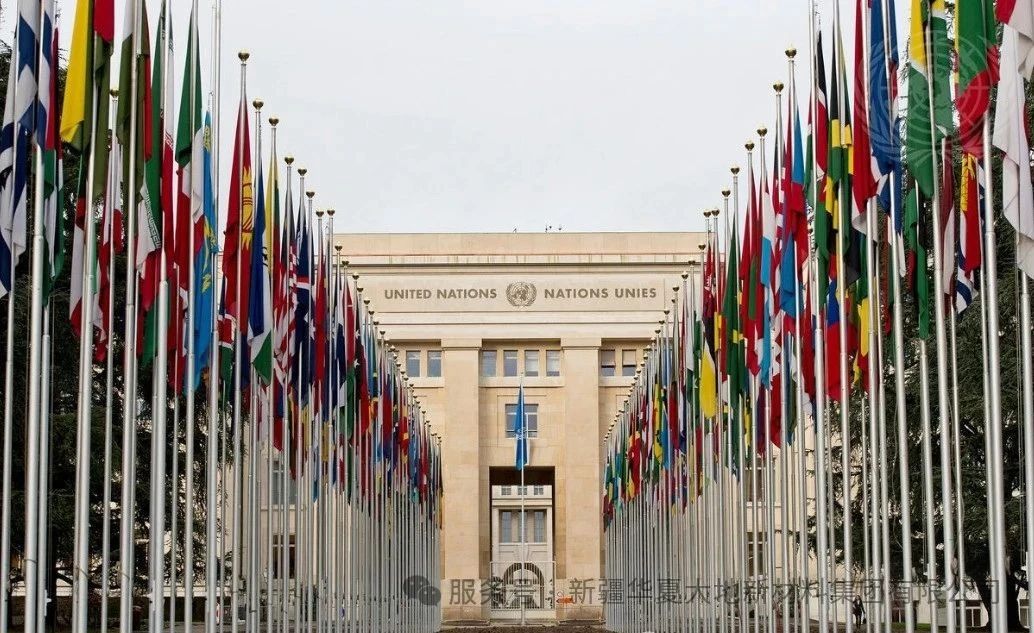 The United Nations Office at Palais des Nations, Geneva
The United Nations Office at Palais des Nations, Geneva
The negotiations reached a deadlock at the fifth inter-governmental negotiating committee (INC-5) meeting held in South Korea in December 2024. Regarding the reasons for the failure to reach a final agreement, the various parties have different opinions. Greenpeace believes that "the fossil fuel industry is doing everything in its power to undermine everything"; while the industry side claims that this treaty, which ostensibly aims to curb plastic pollution, has strayed beyond its boundaries by attempting to limit plastic production. The current issue is whether the so-called INC-5.2 meeting can successfully reach a consensus.
The long journey from Nairobi
The first round of negotiations led by the United Nations Environment Assembly was held in Nairobi in December 2022. Since then, subsequent meetings held in multiple locations around the world have been attempting to finalize a legally binding global agreement to reduce plastic pollution. The last meeting (INC-5.0) held in South Korea in December 2024 reached a deadlock.
The starting point of the INC-5.2 negotiations was the chair's text drafted on December 1, 2024, which reaffirmed that the goal of the agreement is "to protect human health and the environment from plastic pollution, including plastic pollution in the marine environment (based on a comprehensive approach that covers the entire life cycle of plastics)". This text elaborates on various potential methods to achieve this goal. Ace card
The uncertain factor in this round of negotiations is the stance of the United States: President Trump has always opposed multilateralism, and his government's recent measures at the Environmental Protection Agency (EPA) have overturned some policies that have been in place for decades and were regarded as unfavorable to the chemical industry. However, Trump is erratic in his actions and may change his position on a whim.
Earlier this month, Kristen Edgreen Kaufman wrote in Forbes that the US negotiators who received instructions from the Trump team might adopt a more pragmatic attitude than during the Biden administration.
Kaufman wrote that during the negotiations in South Korea last year, "The Biden administration took some extreme measures in the eyes of some people, stood closer to the 'High Ambition Alliance' (a group of 60 countries advocating strict measures to deal with plastic pollution), and supported imposing binding restrictions on plastic production and banning problematic plastics." Kaufman pointed out that this reversed the previous stance of the United States not supporting mandatory production caps. "After the previous negotiations reached a deadlock, everyone was watching the United States to see if we could regain the reputation of a pragmatic leader and help broker a compromise at the INC-5.2 meeting," she wrote.
Unilever calls for unified regulation
Global consumer goods giant Unilever issued a statement on July 28, titled "It's Time to Reach a Treaty on Plastic Pollution" https://www.unilever.com/news/news-search/2025/the-time-is-now-for-a-un-plastic-pollution-treaty/. In the statement, Ed Shepherd, the senior global sustainability manager of Unilever attending the INC-5.2 meeting, proposed that a global agreement should be reached to unify the currently scattered packaging regulations.
"Unified regulations can promote cross-border consistency and support the goals of various countries, which is very helpful for us, these enterprises operating in multiple markets," Shepherd said. "This will provide much-needed certainty for businesses and investors, improve long-term decision-making, and reduce capital costs." …… "We believe this is the most cost-effective way to address plastic pollution while creating economic, environmental and social value," Shepherd added. "Unlike other governments and industry stakeholders, if we do not 'take measures to reduce production and consumption to sustainable levels', we are unlikely to end plastic pollution."
Meanwhile, ahead of the Geneva conference, Greenpeace continued its actions against the petrochemical companies. The British branch of Greenpeace released a new report on July 29, claiming to expose how the world's largest petrochemical companies, through lobbying against reducing plastic production, were earning huge profits while attempting to undermine the global plastic treaty. A press release announcing the release of the report stated: "The report shows that since the treaty negotiations began in November 2022, the plastic produced by just 7 companies is enough to fill 630,000 garbage trucks - equivalent to 5.5 trucks per minute."
This undoubtedly controversial debate will continue at the Palais des Nations in Geneva from August 5th to 14th.
